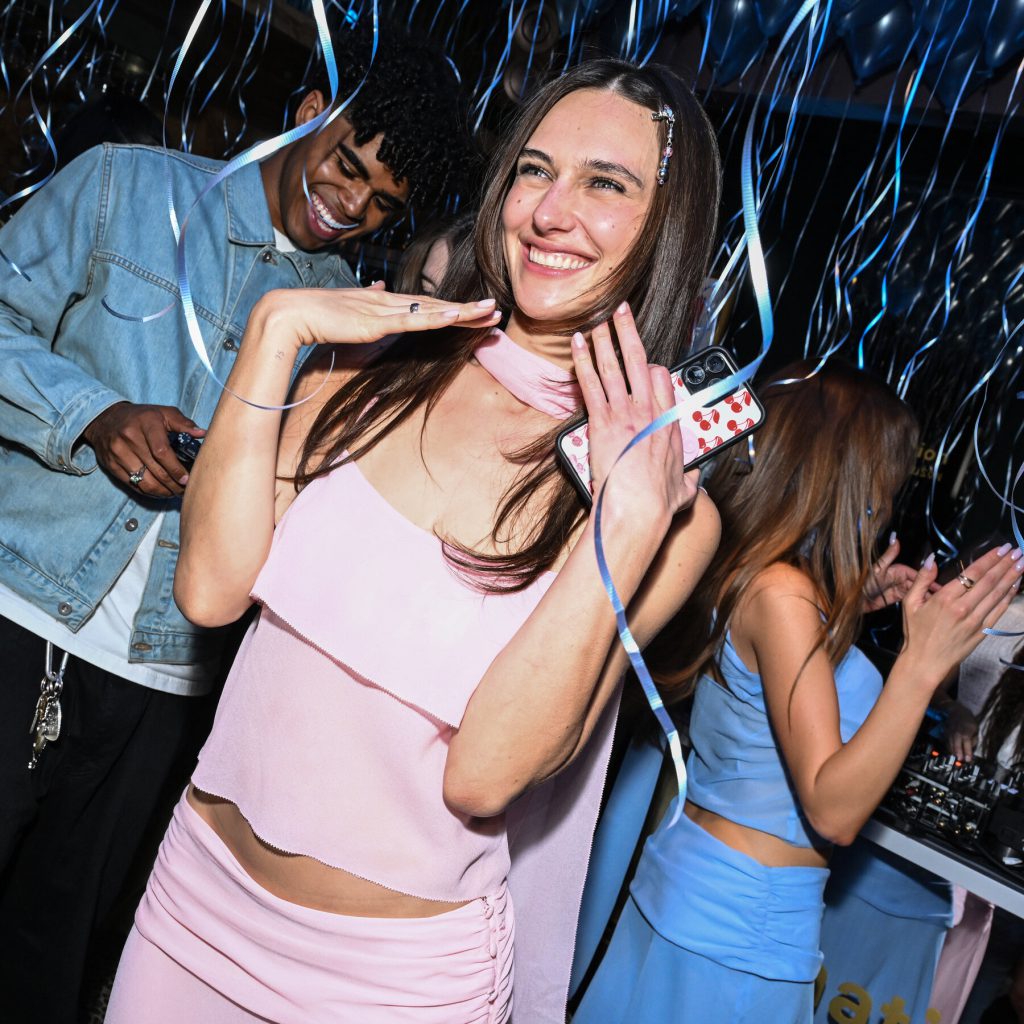Growing up as a British South Asian, there have been so many incidents I have witnessed from my own culture and those of others where parts of culture have been adopted without being recognised, respected or appreciated for their real origins. Over the last few years we’ve seen the discussion on cultural appropriation rise as minority cultures begin to gain more of a voice. Predominantly the rise of social media platforms such as Instagram and TikTok providing a platform for wider reach and discussion.
Being from a South Asian background and growing up through the nineties and noughties in the UK I often felt like I denied so much of my culture. From fashion to food or music, I often distanced myself from it in western settings because I felt like it made me too different. But then you would see the west adopt parts of our identity and make them ‘cool’ and on trend. And only then did I think I could embrace those parts of my culture.
How wrong I really was as often these parts that the west took were never really recognised for where they came from. They became culturally appropriated rather than culturally appreciated. And why was it that I had to wait for the west to make something acceptable or palatable? It makes me literally cringe inside to think that I did this as I held so much shame about where I came from.
When it comes to elements such as fashion and accessories these form such a huge part of cultural significance. They aren’t about trends or what is ‘cool’ but often hold deep religious, ancestral and personal meaning. And when another group takes these significant parts of our culture without any acknowledgment or recognition it can feel like a huge disrespect, like the origin is erased from any credit and no consideration is taken for the deep rooted history and significance. We just have to look to 2025 so far and the number of examples we have seen such as The Lehenga and Scandinavian Style to the Prada Kolhapur Chappalsi.
Appreciation vs Appropriation
So what is the difference between Cultural Appropriation and Cultural Appreciation.
Cultural Appropriation is where cultural elements are taken without permission and without any context or understanding of where they have come from. Often items are culturally appropriated for the visual aesthetic and essentially to make money. But this isn’t just limited to clothing or accessories but can even be seen in areas such as hairstyles, music, dance and food.
Other such examples we’ve seen are of the ‘boho chic’ or ‘festival look’ often containing elements such as bindis, mehndi and traditional south asians artisanal designs. And not to mention the most widespread design of Paisley.
Cultural appreciation on the other hand is where a dominant culture takes time to respectfully engage with the minority culture, learn about the history, seek guidance and show respect for the cultural elements that they are looking to use. Often this will include some form of collaboration and definitely explicit recognition and acknowledgement of the source.
In 2025 surely we should be seeing better.
Identity Informed Styling
As a woman of colour in style spaces this has become more and more important within my work and what I advocate for. When, for so long, I felt shame for showing parts of my culture, but then seeing others call them ‘exotic’ or ‘trendy’ it drove my mission even further with my work. It’s become about more than just the wardrobe but rather the opportunity to reclaim our culture, heritage and the power that has often felt lost to more dominant groups.
As I’ve moved more towards considering identity within how I work with my clients, I’ve found it imperative to begin to honour our cultural stories with how we show up every day. To be true to our real selves, so celebrate our culture and to call out times we see parts of us and our heritage being commodified.
Clothing really does have the power to shape our identity, how we are visible in the world and the story we tell.
There is so much more to be shared on this topics but I thought this was a good staring point to beginning the conversation.
Have you ever felt parts of your cultural being appropriated and if so was anything ever done about it? I would love to hear in the comments.
If you like my approach I would love for you to read more about me here and how my work has been shaped in this way. You can also book on for a Free Style Call here if you are ready to reflect your identity through your style.














